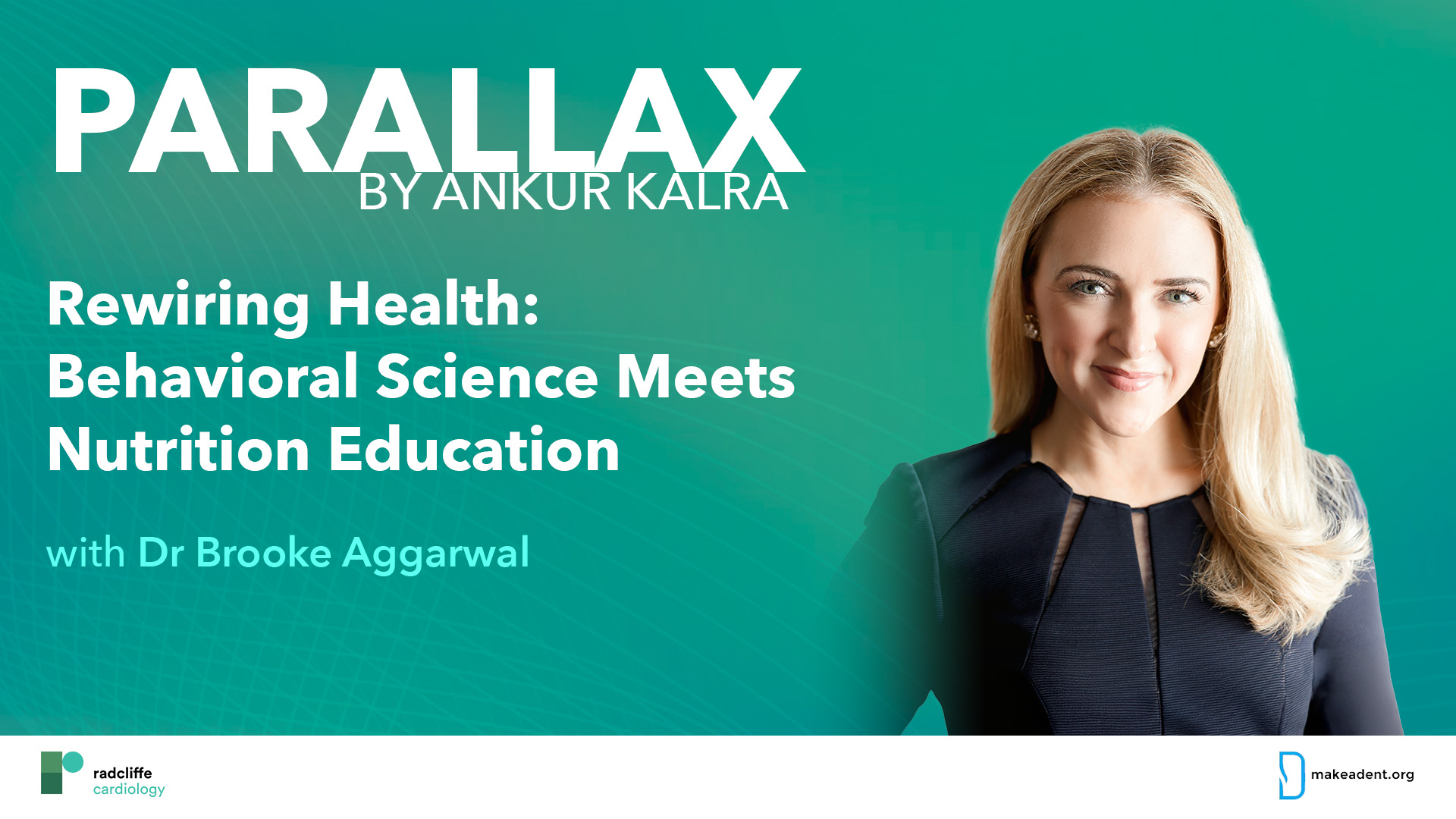
This week on Parallax, Dr Ankur Kalra welcomes Dr Brooke Aggarwal to dive deep into the fascinating intersection of behavioural science and nutrition education. Dr Brooke Aggarwal, an Assistant Professor at Columbia University Medical Center, focuses her research on how behavioural and psychological factors influence adherence to cardiovascular disease prevention guidelines.
In this episode, Dr Aggarwal shares insights from a groundbreaking study she worked on, the Family Intervention Trial for Heart Health (FIT Heart), unveiling the crucial role of social support and caregiver dynamics in maintaining healthy behaviours. Dr Kalra and Dr Aggarwal discuss innovative techniques such as motivational interviewing and cognitive behavioural therapy that are transforming the landscape of nutrition counselling.
Dr Aggarwal shares her insights into the practical applications of behavioural science in clinical settings, emphasising the importance of addressing cognitive distortions with evidence-based approaches. The discussion highlights the need for healthcare providers to adapt their language to enhance accessibility, creating a supportive environment for sustainable lifestyle changes within patients.
Join us as we explore how combining behavioural science with nutrition knowledge can empower individuals to take control of their health and create meaningful, sustainable improvements in their lives.

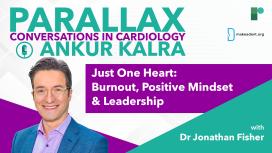
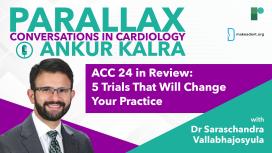
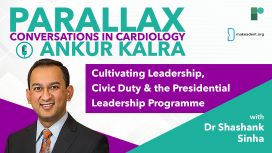
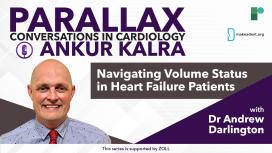
Together, Dr Kalra and Dr Darlington delve into the significance of assessing volume status in patients with heart failure, highlighting its continued relevance in 2024, including the availability of new diagnostic tools, including the Heart Failure Management System (HFMS).
This series is supported by ZOLL and is intended for Health Care Professionals.
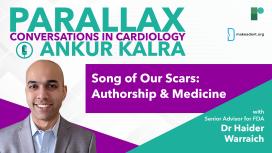
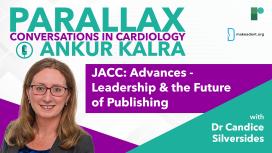
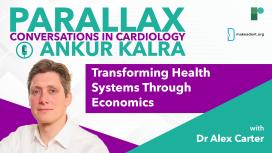
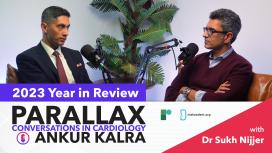
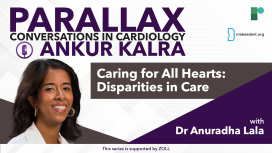
This series is supported by ZOLL and is intended for Health Care Professionals.
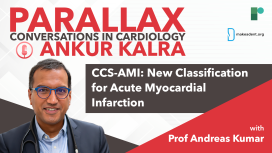
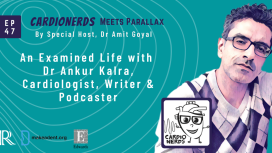
In this candid and spiritual conversation Amit and Ankur take a journey through former episodes of Parallax and Ankur’s writings to explore what it takes to strive for a deeper knowledge of ourselves; or, as Ankur puts it, dharma, the inherent order of reality.

Parallax’s guest this week is Dr Eric David Adler, Medical director of heart transplant and mechanical circulatory support at UC San Diego Health.

How did Dr Gragossian receive her diagnosis? How does she feel about her new reality? What drives her? What is her message to our listeners?

Just after 9/11, Heval, the 18-year-old Syrian Kurdish refugee found a job as a dishwasher. At this point, he was the sole provider of his family. The pressure that comes from being poor did not leave him for many years. Today, he is firm believer in giving back to underserved communities by spreading awareness within the medical community. As he says, well-meaning people of privilege are sometimes afraid to act. What we need is more people to bridge the gap and find ways to help each other.

What drives Dr Nishtha Sodhi? What were the formative moments of Dr Sodhi’s career? What are the new frontiers of cardiology?





